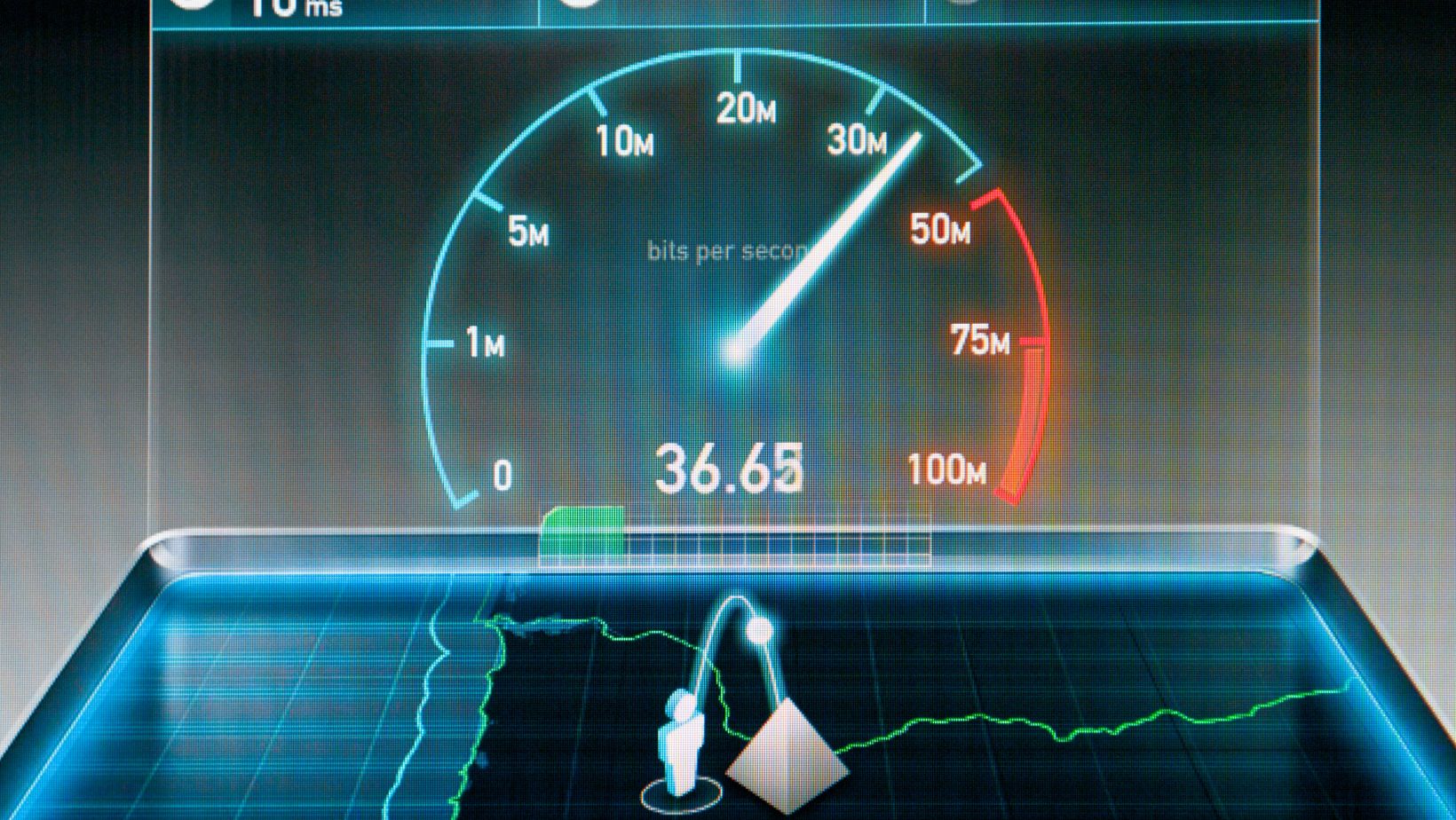In the digitally connected world of today, a reliable internet connection proves not only luxurious but necessary. Nonetheless — given the plethora of available options: overspending on high-speed internet services remains an effortless pitfall. To balance efficacy with cost-effectiveness while continuing to reap fast-internet benefits, consider these practical budgeting tips:
Understanding Your Usage Needs
Understanding your usage needs stands as the initial stride towards budgeting for high-speed internet. Contemplate the number of devices tethered to your network, the online activities in which you partake, and finally—an essential aspect—auditing how many users are present within your household. Should basic browsing and email serve as the primary utilities you harness from the internet, it is possible – indeed! – that not all available speeds may be necessary for optimal performance. Should you engage in regular HD video streaming or online gaming, a higher-speed connection will likely be necessary.
Bundling Services for Savings
Several Internet Service Providers (ISPs) offer bundled services encompassing internet, television, and phone service. You can potentially save significantly by bundling your services with one provider instead of purchasing each service individually; nevertheless, exercise caution–meticulously assess whether the supplementary services within the bundle are truly necessary for you. Relying primarily on streaming services for entertainment and using a mobile phone solely for calls, you may find that a bundled package does not offer the most cost-effective option.
Exploring Alternative Providers
Traditional cable and fiber-optic providers offer internet service, supplemented by many areas with alternative options such as fixed wireless, satellite, or community-owned networks. Despite potential variations in speed and reliability compared to larger ISPs, these alternative providers frequently present more affordable choices for budget-conscious consumers. Exploring all available options in your area: this endeavor holds worth, as it allows for the discovery of an optimal balance between cost and performance.
Comparing Providers and Plans
Acquire a lucid understanding of your usage requirements; subsequently, juxtapose providers and plans. Conduct thorough research on available Internet Service Providers (ISPs) in your locality, comparing their pricing, speeds, and contract terms: it’s crucial to do so.

Simultaneously, maintain vigilance for special promotions or introductory home internet offers–these could potentially yield noteworthy short-term savings. Ensure, however, that you meticulously scrutinize the fine print: it holds crucial information regarding potential rate escalations once the promotional period concludes.
Negotiating with Your Current Provider
If you currently subscribe to a high-speed internet service yet struggle with the burden of monthly bills, it could prove worthwhile – negotiating with your provider. Often, ISPs are willing to offer customer-retention incentives such as discounts, particularly when threatened by potential switchers to competitors. Reach out directly and inquire about available promotions or loyalty benefits that might help reduce the cost of your monthly bill. Remember, it never hurts to ask!
Monitoring Your Usage
Regularly monitoring your internet usage proves essential in circumventing unpredictable overage charges or fees. Numerous ISPs provide online account portals; through these, you can track your data usage in real time. Vigilantly observe your usage patterns to pinpoint any excessive habits, thus adjusting your plan accordingly and averting unnecessary charges. Consider setting up usage alerts or notifications: these tools will provide you with updates as your data limit approaches.
Investing in Modem and Router Equipment
Investing in your own modem and router equipment offers an alternative method for saving money on high-speed internet. Numerous ISPs levy monthly rental fees on these devices, leading to significant accumulation over time. However, if you face the cost of purchasing your personal modem and router, it could exempt you from such rental charges; this may potentially result in savings of hundreds of dollars throughout the lifespan of your internet service. Ensure you double-check with your provider for compatibility with their network before proceeding with the purchase.

By understanding your usage needs, comparing providers and plans, and exploring alternative options–such as negotiating with your current provider, monitoring usage more effectively, and investing in appropriate equipment: you can manage to make high-speed internet more affordable without sacrificing fast, reliable connectivity. Explore government subsidies, too – they might provide further financial assistance. Whether a casual browser or power user–there exist options that accommodate every budget and lifestyle for you.


More Stories
Why Supplemental Security Income Might Be the Most Misunderstood Benefit You’re Missing Out On
How to Make Smooth Transition from Employment to Retirement Smoothly with a Financial Advisor’s Help
What is ERISA? Everything You Need to Know